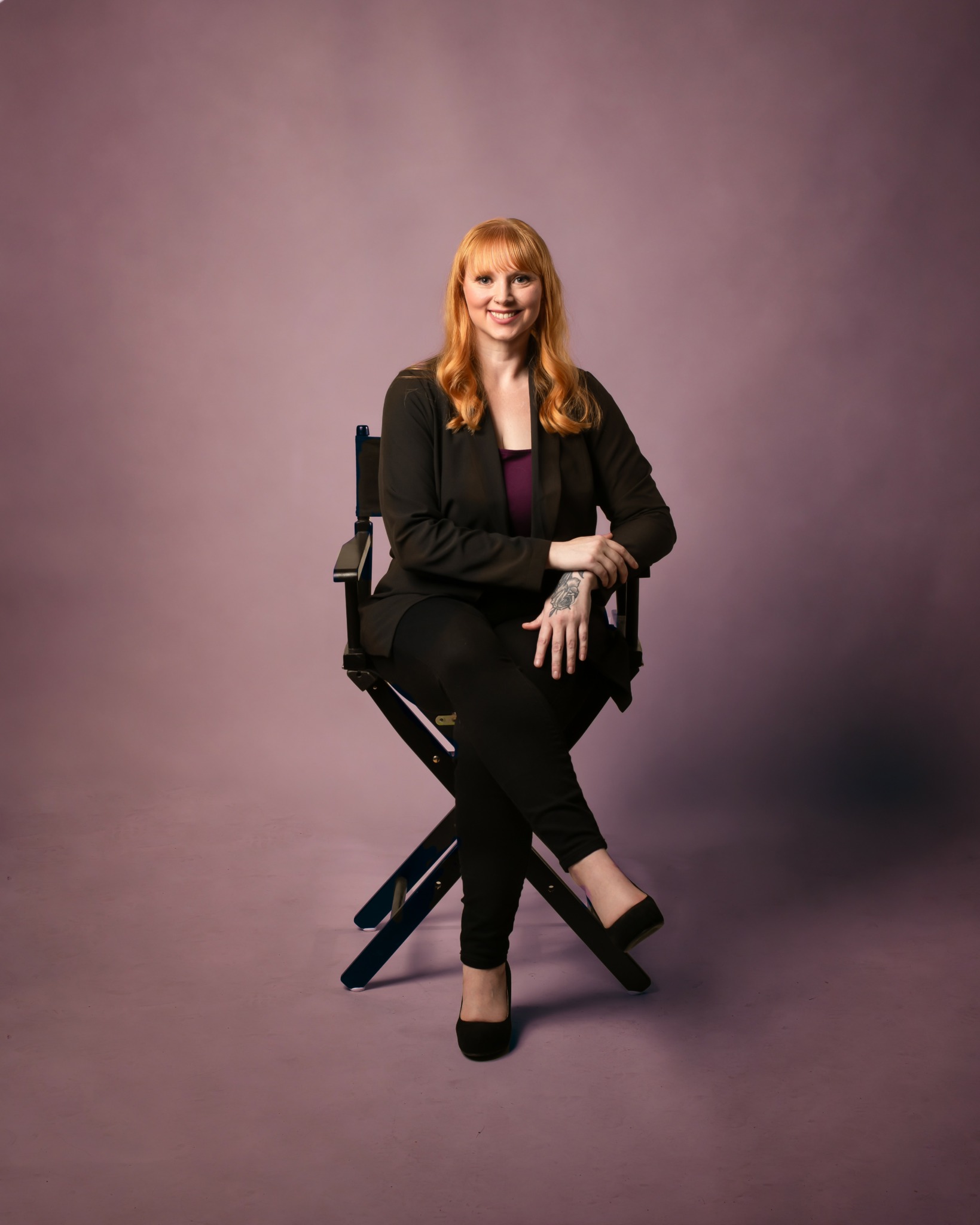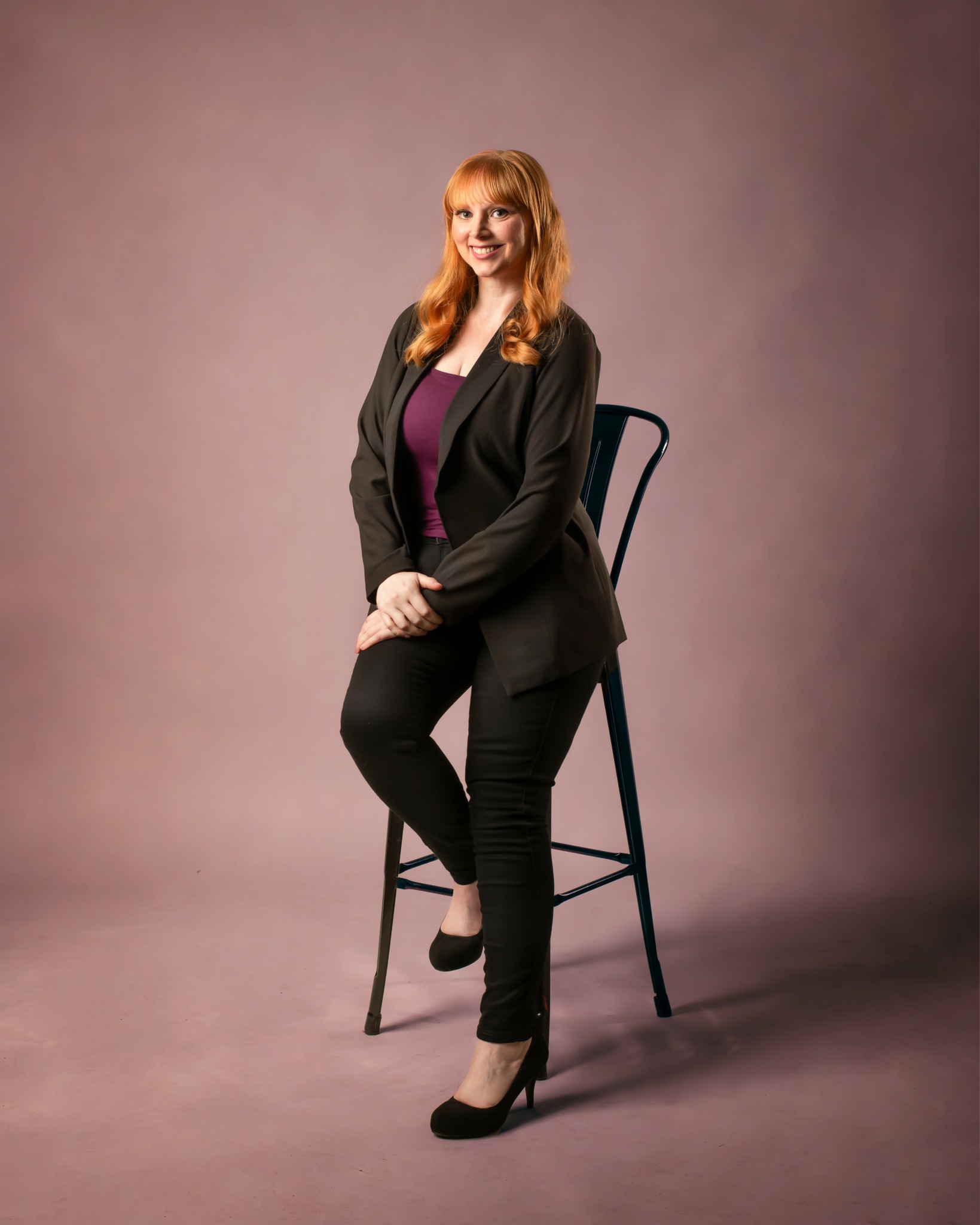We’re excited to introduce you to the always interesting and insightful Jillian LaFrance. We hope you’ll enjoy our conversation with Jillian below.
Alright, Jillian thanks for taking the time to share your stories and insights with us today. Can you open up about a risk you’ve taken – what it was like taking that risk, why you took the risk and how it turned out?
I remember the moment I decided I was going to speak up and be vulnerable about my own struggles with mental health. It felt risky. I was putting myself out there in a way I hadn’t done before by letting people see the messy, human side of me that I’d kept hidden for a long time. But I knew I couldn’t stay silent if I wanted things to change.
For me, standing up for what I believed in meant dropping the mask I’d worn and choosing to be honest about my struggles. It meant having conversations that felt uncomfortable and unsure, and putting myself in a vulnerable position, not for sympathy, but to help break the silence and shame that surrounds mental health.
Sharing my story was a risk. I worried it might affect how people saw me, or whether I’d be misunderstood. But it was a risk I chose to take because I believed we need more people to speak up and normalize these experiences. I wanted to show that you’re not weak for battling something you can’t always control. You’re brave for naming it and asking for help.
The more I opened up, the more I noticed something powerful happening. People started to connect, to appreciate the honesty, and to share their own stories in return. It reminded me that vulnerability isn’t weakness. It’s a form of strength. And by standing up for what I believed in, I not only helped myself heal, but hopefully made it a little bit easier for someone else to do the same.

Awesome – so before we get into the rest of our questions, can you briefly introduce yourself to our readers.
My name is Dr. Jillian LaFrance. I’m a Forensic Psychology Professor and case manager who has spent over seven years working with individuals battling severe and chronic mental illness and substance use disorders in a correctional setting. My role involves helping these individuals reintegrate back into their communities with the services and supports they need to be successful.
The part I love most about my job is seeing people at their lowest, struggling, and then turning their lives around. I’ve seen individuals take control of their mental health, become sober, and find a path forward in their lives in ways they hadn’t believed were possible. It’s incredibly rewarding to watch that transformation and to know I played a small role in helping them get there.
What sets me apart is my ability to blend deep academic knowledge with a hands-on view of the criminal justice system. My work isn’t just theory; it’s real, messy, and human, and I’m proud to be part of helping people move forward and find hope in their future.

We’d love to hear a story of resilience from your journey.
My struggles with mental health have been a huge part of my journey, but they’re also a big part of what makes me who I am today. There were moments when I felt unsure if I’d make it through, when the weight of anxiety or depression seemed overwhelming. But I kept going, piece by piece, choosing to face each day and not let those struggles define me. My experiences challenged me, forced me to grow, and made me more compassionate and understanding, not just toward myself, but toward everyone else battling their own struggles. My story isn’t about staying down. It’s about getting back up, again and again, and proving to myself that I’m more than my struggles.

Do you think you’d choose a different profession or specialty if you were starting now?
If I could go back, I would absolutely choose this same profession. My roles as a Forensic Psychology Professor and a case manager are both incredibly important to me, and they really complement each other.
As a Forensic Psychology Professor, I get to help shape the next generation in this field. It’s so rewarding to teach not just the theories and research, but also the real, human side of working with people who are dealing with severe mental illness and substance use issues within the legal system. I prepare my students to approach these complex challenges with both solid knowledge and deep understanding. Guiding them to see the connection between psychology and the law, and getting them ready for the significant responsibility of working with vulnerable people. It is a privilege that truly excites me.
My work as a case manager keeps me directly involved. I get to help people directly during some of their toughest times, often in a correctional setting. Seeing individuals who are at their lowest point, struggling with huge personal battles, start to turn their lives around is just incredibly rewarding. Watching them gain control of their mental health, achieve sobriety, and find a path forward they once thought was impossible, is what it’s all about. Playing a direct part in connecting them with the services and support they need to successfully get back into their communities is the most satisfying part of my job. It’s real, it’s often messy, and it’s deeply human. I’m proud to help them find hope and new possibilities.
What truly makes this career perfect for me, and why I’d choose it again without hesitation, is how well these two roles work together. My experiences as a case manager directly enrich my teaching; they bring a practical, real-world perspective to the classroom that goes way beyond textbooks. My academic background as a professor gives me a strong foundation that improves my approach to individual case management, helping me apply effective strategies and understand bigger picture issues. This combination of teaching future professionals and directly helping individuals build better lives is what makes this career so uniquely fulfilling for me.
Contact Info:
- Linkedin: https://www.linkedin.com/in/jillianlouiselafrance
- Other: [email protected]

Image Credits
Natalie B. Imagery


